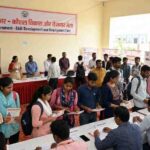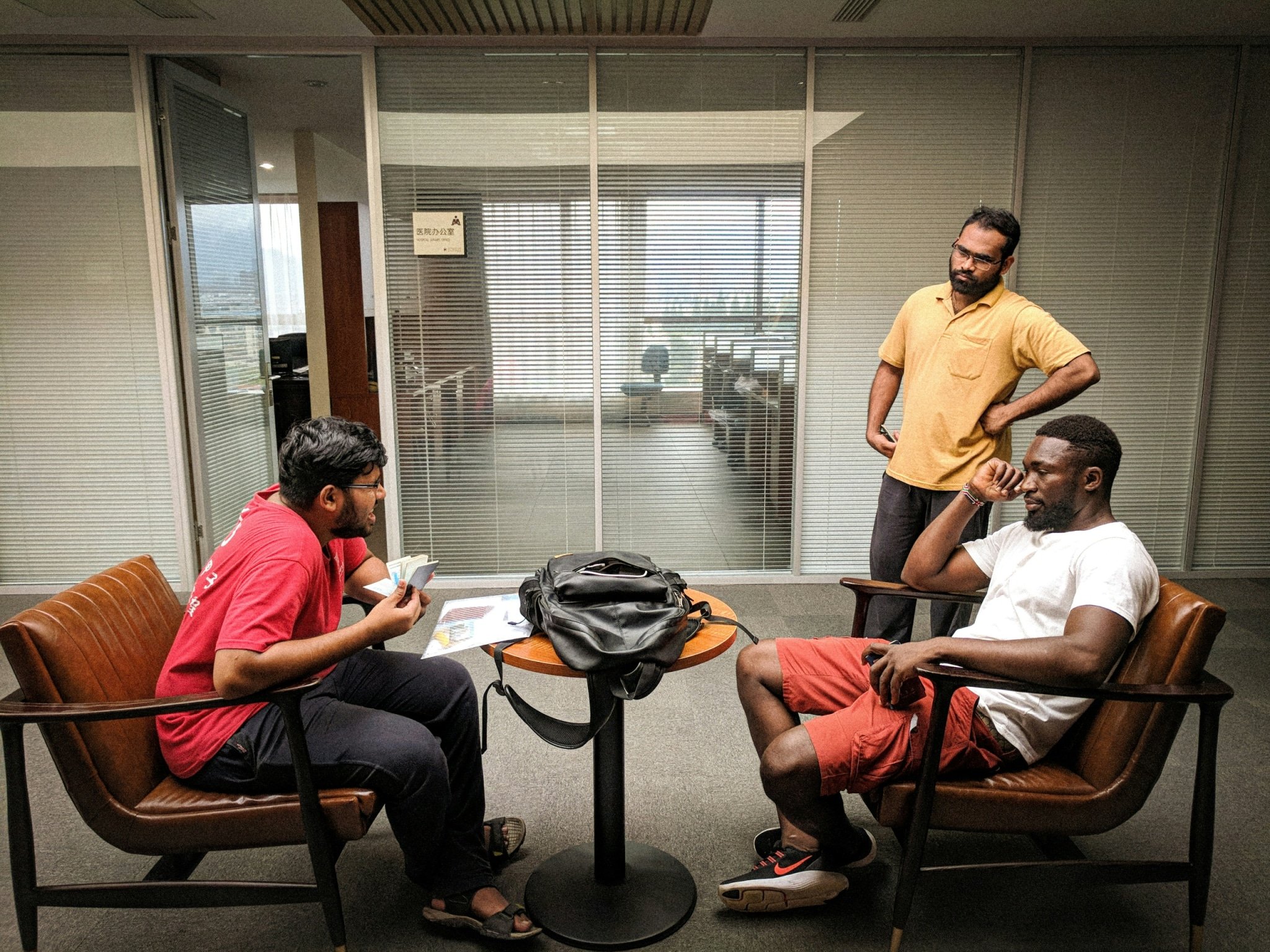The Number Game: Marks Over Meaning?
In India, academic success is often reduced to a single, all-consuming metric: marks. From board exams to entrance tests, the relentless focus on grades dominates the education system, shaping the lives of millions of students. But is this obsession with marks actually serving its purpose, or has it become a deeply flawed measure of true learning? The debate over whether the Indian education system should ditch marks-based assessments has never been more relevant.
Marks vs. Mastery: A Fundamental Disconnect
At its core, marks-based assessment prioritizes the ability to memorize and regurgitate information over critical thinking, creativity, and problem-solving. The current system rewards rote learning, leaving little room for curiosity or deeper understanding. As a result, students may excel in exams but struggle to apply their knowledge in real-world scenarios.
Critics argue that this system creates “textbook champions” who are ill-equipped to navigate complex, practical challenges. Are we preparing students for life, or are we simply training them to crack exams? If marks are the ultimate goal, where does true learning fit in?
The Mental Health Toll: Anxiety and Burnout
The pressure to score high marks isn’t just an academic burden; it’s a mental health crisis. Students face enormous stress to meet societal and parental expectations, with their worth often reduced to the numbers on their report cards. Failure to meet these expectations can lead to feelings of inadequacy, anxiety, and even depression.
The consequences can be tragic. India has one of the highest student suicide rates in the world, with exam pressure cited as a leading cause. This alarming trend begs the question: is the marks-based system worth the cost?
The Myth of Meritocracy: Unequal Playing Fields
Marks-based assessments claim to measure merit, but the reality is far more complex. Students from privileged backgrounds often have access to better resources, tutors, and coaching centers, giving them a significant advantage. Meanwhile, those from marginalized or economically weaker sections struggle to compete on an uneven playing field.
Instead of promoting equality, the current system often reinforces existing disparities. By emphasizing standardized testing, it ignores the diverse talents, skills, and learning paces of individual students. Is it time to redefine what “merit” truly means?
Global Alternatives: Lessons from Abroad
Many countries have already shifted away from marks-based assessments, adopting more holistic approaches to evaluating students. Finland, often lauded for its progressive education system, focuses on continuous assessment, teacher feedback, and project-based learning. The United States employs a mix of standardized tests and performance-based evaluations, such as essays and presentations.
Closer to home, the International Baccalaureate (IB) program, adopted by some Indian schools, emphasizes critical thinking, research skills, and creativity over rote memorization. These models show that it’s possible to assess students without reducing their abilities to a single number.
Skills Over Scores: The Need for Reform
The demands of the 21st-century workforce have evolved, and employers now prioritize skills like creativity, collaboration, and adaptability over grades. The World Economic Forum’s Future of Jobs report highlights the growing importance of skills like problem-solving, emotional intelligence, and critical thinking—qualities that are rarely nurtured in a marks-focused system.
India’s education system needs to align with this shift. By moving away from marks-based assessments, schools can focus on fostering skills that prepare students for the challenges of a rapidly changing world.
A Balanced Approach: Continuous and Holistic Assessment
Ditching marks entirely may not be feasible or even desirable. Instead, a balanced approach that combines assessments with meaningful learning experiences could be the way forward. Continuous assessment, project-based learning, and portfolios that showcase a student’s achievements over time can provide a more comprehensive picture of their capabilities.
Moreover, assessments should account for diverse talents, including sports, arts, and extracurricular achievements. This would ensure that every student, regardless of their strengths, has an opportunity to shine.
Challenges Ahead: Breaking the Cultural Mindset
One of the biggest obstacles to reforming the assessment system is the cultural mindset around marks. For decades, high scores have been equated with success, respect, and upward mobility. Parents, teachers, and even employers often judge students based on their academic performance, perpetuating the cycle of marks-based evaluation.
Changing this mindset requires a collective effort from all stakeholders—educators, parents, policymakers, and employers. Schools must lead the way by demonstrating that learning outcomes can be measured in meaningful, multifaceted ways.
Conclusion: Beyond Numbers, Towards Growth
The debate over whether India should ditch marks-based assessments isn’t just about education; it’s about reimagining how we define success and growth. The current system, while deeply entrenched, is increasingly at odds with the needs of modern learners and society.
By embracing holistic assessment methods, India can create an education system that values creativity, critical thinking, and emotional well-being over mere numbers. The goal should be to empower students not just to excel in exams but to thrive in life, equipped with the skills and confidence to tackle whatever challenges come their way.
It’s time to move beyond marks and towards a system that measures what truly matters: the potential of every individual to grow, innovate, and contribute meaningfully to society.




















